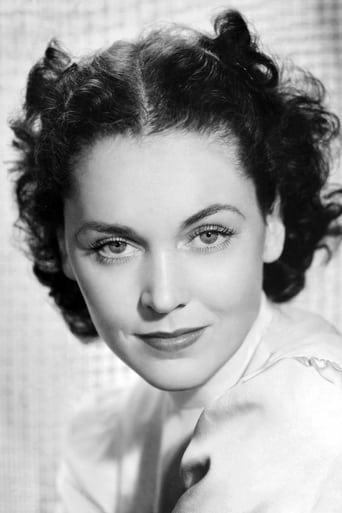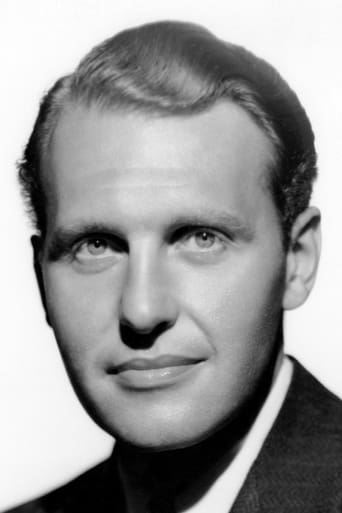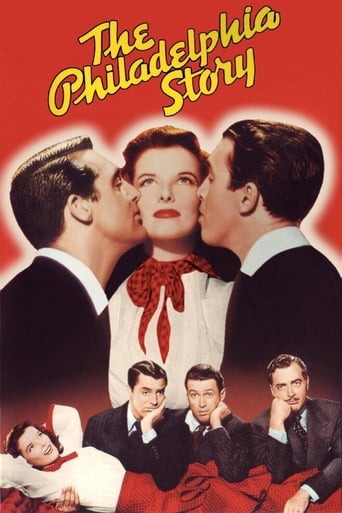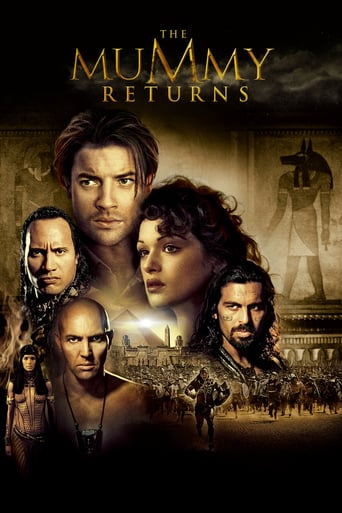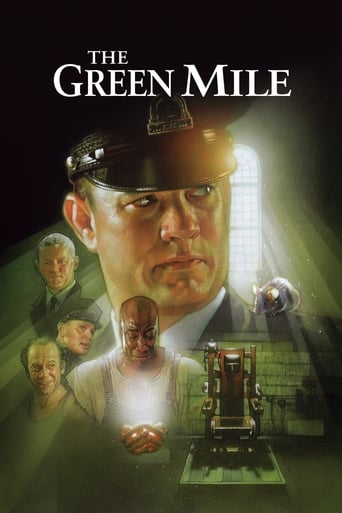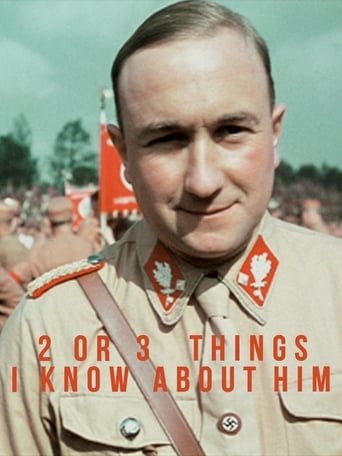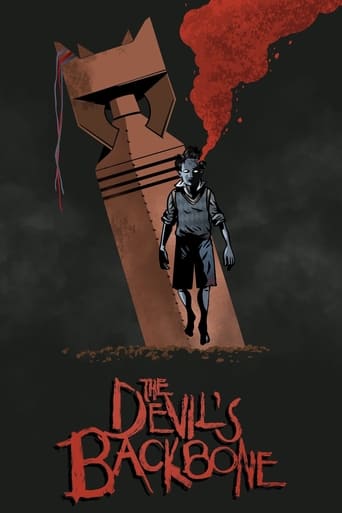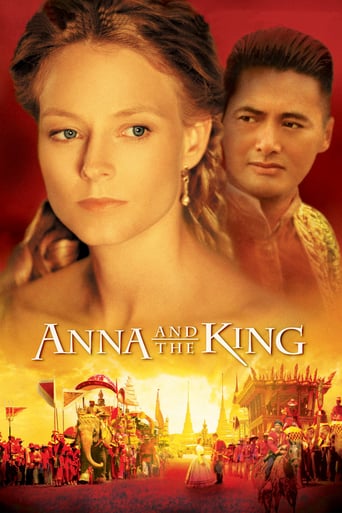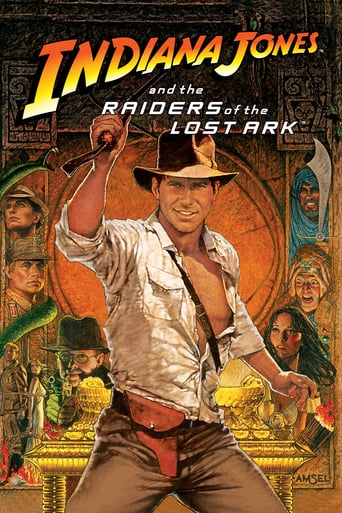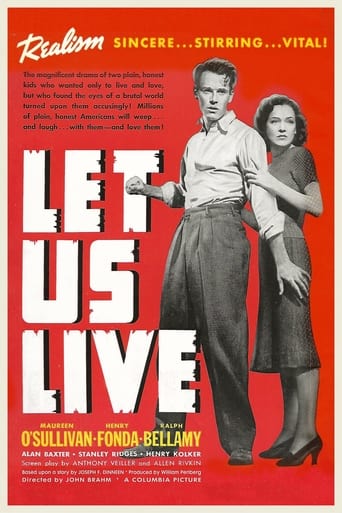
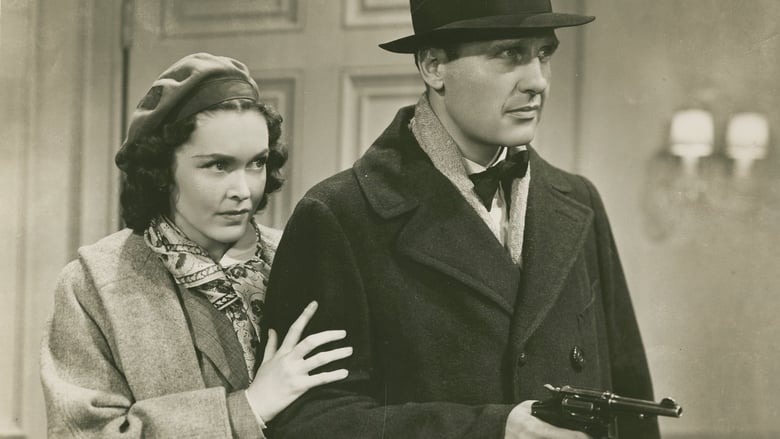
Let Us Live (1939)
When a confused eyewitness identifies New York City cabbie Brick Tennant as a killer, he is sentenced to death for a murder that he wasn't involved in. Though no one is willing to listen to the innocent prisoner's pleas for freedom, Brick's faithful fiancée, Mary, knows that her lover is innocent because she was with him when the crime was committed. As the scheduled execution draws ever nearer, Mary begins to investigate the murder herself.
Watch Trailer
Cast
Similar titles
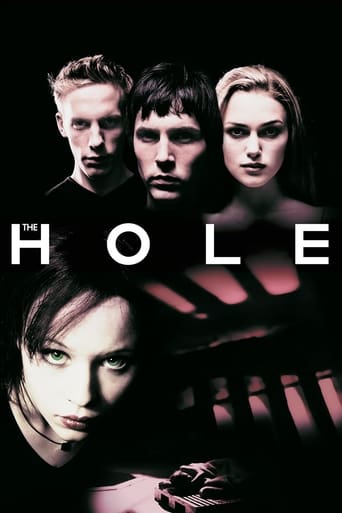
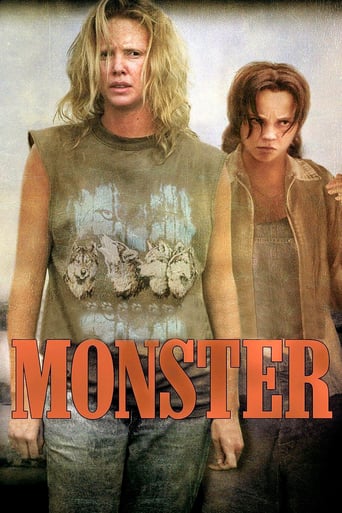
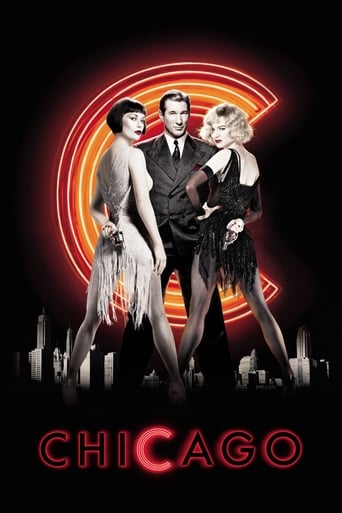
Reviews
Simply Perfect
Powerful
To all those who have watched it: I hope you enjoyed it as much as I do.
Each character in this movie — down to the smallest one — is an individual rather than a type, prone to spontaneous changes of mood and sometimes amusing outbursts of pettiness or ill humor.
...are all examined here. Knowing that social relevance was important to Fonda throughout his career, and with him being a free agent at the time, I have to wonder if this is how Columbia persuaded such a big talent to star in this project. It's based on a true story that happened in Massachusetts, but in the real story matters don't get quite so dramatic as they did here.Fonda plays cabbie Brick Tennant who is in business for himself, looking forward to marrying his girl, waitress Mary Roberts (Maureen O'Sullivan), and buying a modest house financed by the newly formed FHA. Great time is spent building up what an optimist Brick is and how content he is with his middle class lifestyle. When Brick's down on his luck pal Alan Baxter (Joe Linden) shows up, Brick lets him bunk with him and offers him a job driving the second cab he has just bought.Meanwhile, three criminals wander into town - two of which bear a resemblance to Brick and Alan. First they rob the local police exhibition of all of its weapons and kill the night watchman, then they pull off a daring daytime robbery of a theater and kill someone in that crime too. Since the criminals escaped in a cab, the police decide to pull in every cabbie in the city and alibi them. Brick and Alan are among those who do not have a solid alibi, so they are put in a lineup among the movie patrons who saw the unmasked robbers. At first, nobody speaks up, but then one person says "that's him!" in relation to Brick. Soon they are all saying the same thing. Since Alan was at Brick's apartment alone during the hold-up, and the only person who can alibi Brick is his fiancée, nobody believes them and the wheels of justice grind to their inevitable conclusion. Both Brick and Alan are convicted of murder and sentenced to death.Then a break. Normally a gang of criminals with somebody else convicted of their crimes would in these not so well information-connected times just move their show to someplace far away, assuming they are in the clear here. But although well organized they are apparently not that bright. They pull off a THIRD crime in the exact same town. This time it is a bank robbery, and they shoot it out with a cop in the street killing him. The lucky break - one of the bullets from the shoot out lodges in an apple that Mary buys for Brick to give to him during her visit at the penitentiary. She brings it to police Lieutenant Everett (Ralph Bellamy), and it is identified as a bullet from one of the same guns that were used in the other crimes.Here's the dig. Nobody in authority thinks this is sufficient evidence to at least grant a stay of execution! Their excuse is that the third guy was never caught and he must have the gun. The prosecutor says his job is just to try cases - he's done that. The police say it is their job to collect evidence for open cases - there are none! You'd think that the possibility of two innocent guys being executed would be reason enough to break protocol. You'd be wrong. Only Everett, who sacrifices his career to do so, agrees to help Mary because that lone bullet makes him not so sure justice has been done. There is one more clue uncovered by Brick studying trial transcripts, but I'll let you watch and find out what that is and what happens.Being released during the production code era, this film is rather surprising in its rather subtle indictment of the death penalty and not so subtle criticism of the sometimes robotic behavior of law enforcement, the follies of circumstantial evidence, and the reverse of the "bystander effect" in eyewitness identification. Maybe because Columbia was a small studio and there was no big build up of the film by the studio is the reason the censors did not react.I'd recommend this one. If I have any criticism at all it is that Maureen O'Sullivan gives a rather shrill performance here. Maureen, the audience knows you are telling the truth and that time is running out, please calm down!
Borrowing Maureen O'Sullivan from MGM, Harry Cohn gave her top billing over Henry Fonda in Let Us Live about a wrongly convicted man on Death Row. There are two wrongly convicted men, Fonda and Alan Baxter both cab drivers. But it's Fonda whose wedding plans get so rudely interrupted when he and Baxter get arrested for a pair of robberies and a homicide that resulted from one of them.The callousness of the 'system' will really get to you after a while. Fonda and Baxter are picked out of a lineup by victims and they do bear some resemblance to two of the trio of robbers and Fonda who was at the scene of one of the robberies earlier with O'Sullivan said something in a jocular vein that was used against him later. Still when a trio of men committed another armed robbery with fatalities in the same manner it wouldn't have impeded justice any to have issued a stay of execution. At least that's what Ralph Bellamy who was one of the original investigating detectives thinks. But the District Attorney Stanley Ridges wants finality and Bellamy and O'Sullivan have to race against the clock to find the real perpetrators.Fonda was cast in this film no doubt on the strength of his performance in Fritz Lang's You Only Live Once as a prisoner in a similar jackpot. Later on he would be in Alfred Hitchcock's The Wrong Man in yet another mistaken identity situation. But in Let Us Live with his musings about his situation he reminds me of one of his greatest roles that of Tom Joad in The Grapes Of Wrath who if you remember was also an ex-convict.But while Fonda muses, the film is taken over by O'Sullivan and Bellamy who are a resourceful pair and enlist the help of some pretty good juvenile detectives to find crucial evidence.I'm not an opponent of the death penalty per se, but this film shows the callousness that it is sometimes applied and a judicial system devised by man is not perfect. Let Us Live is a real sleeper among the work of Henry Fonda and should be better known.
This was a very good film even though I initially had relatively low expectations. Part of this is because just before this, I saw a passable Henry Fonda film (SLIM) and I think it made me remember that like any actor, Fonda could make mediocre films. But LET US LIVE! is anything but mediocre, since it has a very thought-provoking script that might just get you to re-evaluate what you think of the death penalty. While I am generally in favor of it when there is absolutely no doubt, this film strongly and competently makes the point that innocent men CAN be convicted wrongly and that the system might be rather indifferent to correcting this even when doubt as to the justification for the conviction arises. Again and again throughout the film, supposedly good men seem indifferent to the possibility that Fonda and his friend could be innocent--and they convince themselves that the system cannot make mistakes or that people must allow the system to work everything out in the end! In spite of this indifference, Maureen O'Sullivan and Ralph Bellamy work their darnedest to prove that the men were wronged.As I said, the plot is very well-constructed and thought-provoking. While at times the performances might seem a tad overly melodramatic, considering what's at stake, it was forgivable. An excellent drama and one that makes you think. About the only negative was that O'Sullivan's Irish accent seemed a bit out of place, though her performance and Fonda's were just fine.
This is a dark tale about two likable people. Well, three, if we count Ralph Bellamy: He is tossed at us in medias res and is not convincing as a police lieutenant.The young lovers are Maureen O'Sullivan and Henry Fonda. He drives a cab. She works in a restaurant. He wants them to marry and is planning to buy a cab and maybe a few, to start a fleet.Two decades before he starred in the Hitchcock film of this name, though, he is the wrong man. Not for the adoring (and lovely) O' Sullivan. No, he is erroneously arrested for a robbery -- and falsely identified by a pack of jackals who'd been at the crime scene.One thing I noticed is the response O'Sullivan has when he takes her to look at some nice little homes. She's thrilled and grateful. It's amusing to contrast this to the scornful way the Audrey Totter character acts when Richard Basehart, her unwisely adoring husband in "Tension," takes her to see a little house in the suburbs he's picked out for them.Lucien Ballard was a marvelous cinematographer -- here and always. This movie has the feel of German Expressionism, which includes a Weill-like musical score. But I'm not sure how much of the Expressionism is intended and how much is a matter of budget: For example, there are several scenes in which snow falls. The snow has a highly unreal look. It really LOOKS like soap flakes. And in an early scene when O'Sullivan humors a drunk at the restaurant where she works, the other diners laugh in the oddest way: We're meant to feel they take it in a goodhearted manner. But it sounds for all the world like a laugh track or the audience at a vaudeville show.The change in Fonda is very impressive. I really empathized with his feeling at the start that everything is going his way; that the world is a wonderful place to be. If this were a musical comedy, a song to that effect would have followed. But Fonda didn't make musicals. It's pretty clear that he's going to be disabused of this notion; I've been there too. And he is indeed.
